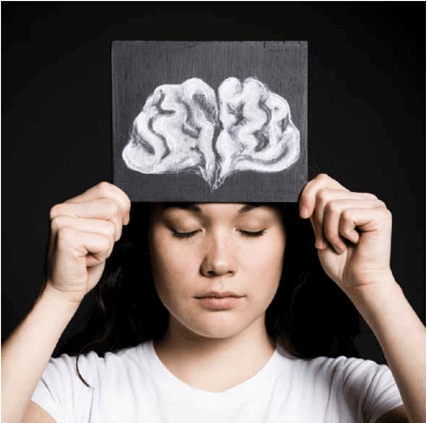Posts Tagged ‘evidence’
It’s World Mental Health Day today: Let’s review how a healthy diet can promote mental well-being
_______________ Should you eat an apple—or a bag of Oreos? Go to McDonald’s—or the vegetarian restaurant on the corner? When we make these everyday food choices, many of us think first of our physical health and appearance. But there’s another factor we may want to consider in picking foods: their impact on our mental health.
Read MoreThe debate continues: Review finds weak evidence standards behind commercially-available brain training programs
Brain Game Claims Fail A Big Scientific Test (NPR): “In October 2014, more than 70 scientists published an open letter objecting to marketing claims made by brain training companies. Pretty soon, another group, with more than 100 scientists, published a rebuttal saying brain training has a solid scientific base. “So you had two consensus statements, each…
Read MoreADHD @ high schools: Clear mismatch between the Evidence and the Practice
— Study: High Schoolers with ADHD Receiving Few Evidence-Based Supports (Education Week): “A little over half of high school students with attention deficit hyperactivity disorder are receiving some kind of services from their schools, such as additional time on tests or extended time to complete homework assignments, a recent study finds. But those particular supports have…
Read MoreOn Being Certain: Believing You Are Right Even When You’re Not
Where does our “Feeling of Knowing” come from? Have you ever felt certain that you knew an answer even though you couldn’t think of it right off? Where does that “feeling of knowing” come from? The answer to this question is the focus of neurologist Robert Burton’s new book On Being Certain: Believing You Are…
Read More


